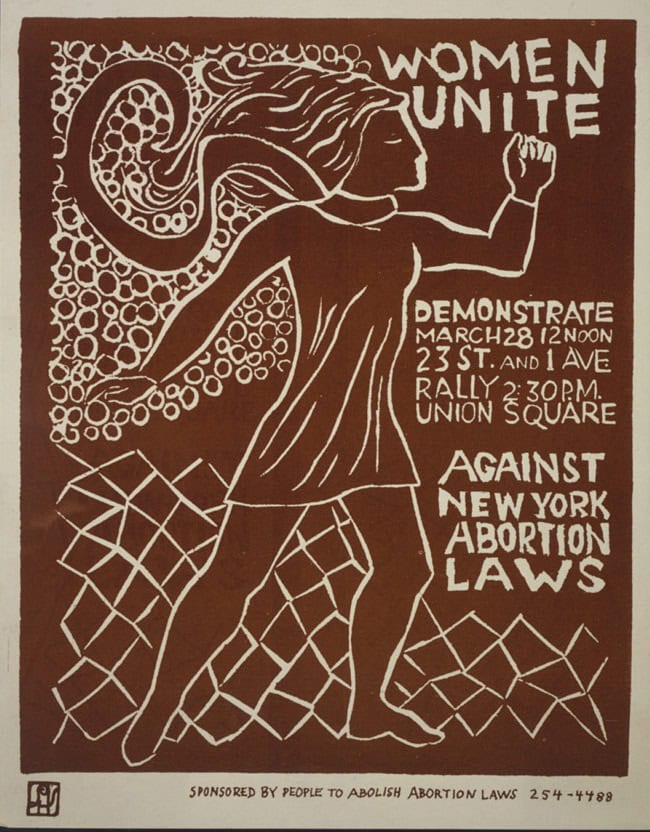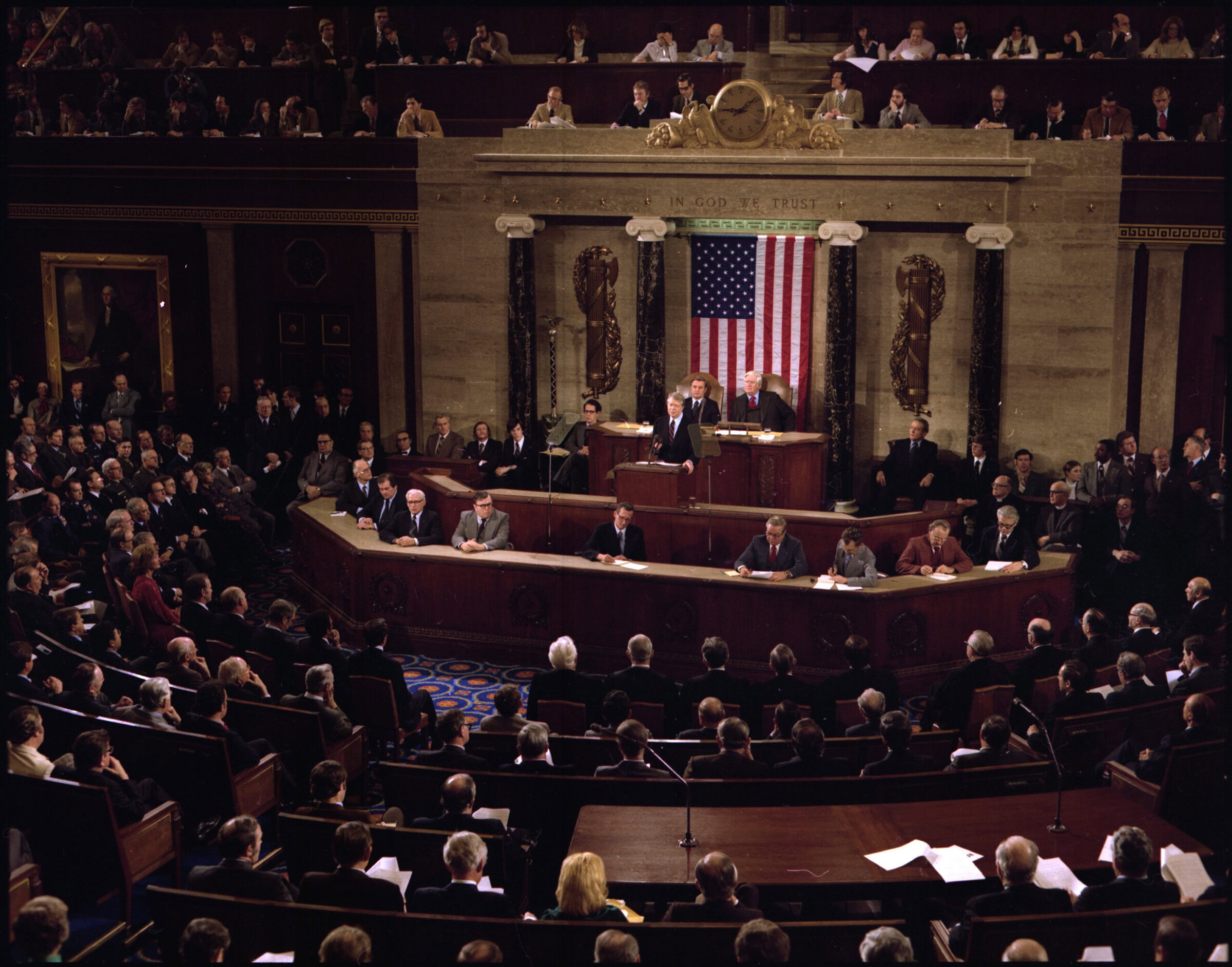As a community of historians, the AHA believes that public discourse on any topic benefits from historical context and historical thinking. In that spirit, we have asked a group of historians to comment the significant Supreme Court decisions being handed down this summer, and we’ll collect them in a series of Roundtables.
First up is Fisher v. University of Texas at Austin, handed down on June 24, 2013. Fisher asked the court to consider whether race could be considered as criteria for college admissions, and the case was widely believed to have the potential to dismantle or disempower affirmative action policies in education. You can read the full Supreme Court opinion here. Our first respondent, Jonathan Zimmerman, argues that the consequences of our disinvestment in the goals of affirmative action and education go far beyond those of Fisher, but that “historians can help, just as they did during the era of Brown v. Board of Education.” Our second respondent, Reginald Ellis, makes the case that the consequences of Fisher may parallel those of Sweatt v. Painter or Brown v. Board of Education. Andrew Gyory also looks at the Sweatt precedent as one of a line of cases, including Fisher, in which the question of whether “affirmative action violates the Constitution’s guarantee to equal protection by treating individuals differently because of race has bedeviled the Supreme Court for a generation.”
The Respondents
“Brown envisioned children of different races learning together from their earliest years, when kids are at their most impressionable; affirmative action only addresses college students, who are much more fully formed. Brown also said that segregated environments were profoundly harmful, for minorities and for our nation at large. So it was incumbent upon all of us—as a matter of simple justice, as well as of patriotic duty—to create mixed classrooms, particularly in elementary schools.” Read more…
—Jonathan Zimmerman, professor of history and education, New York University
“Eventually, much as the Sweatt decision of 1950 began the snowball effect of ending segregation in education, the Fisher case could have a reverse impact on diversity in flagship institutions throughout the nation.” Read more…
—Reginald Ellis, assistant professor of history, Florida Agricultural and Mechanical University
“It is likely that, regardless of which way the lower court rules once it reviews the case, it will return to the Supreme Court. And barring a change in justices, there is little doubt which way the court will rule.” Read more…
—Andrew Gyory, Facts On File


